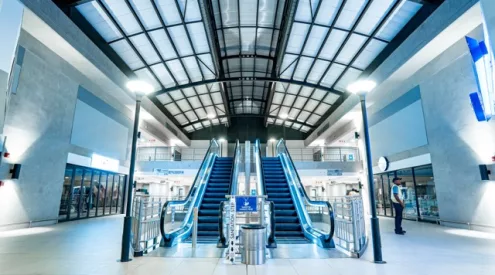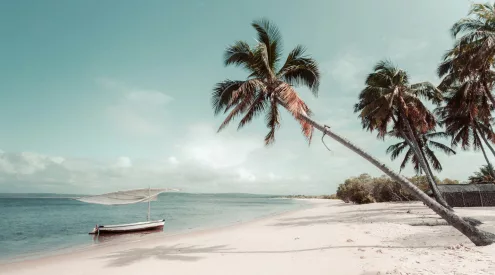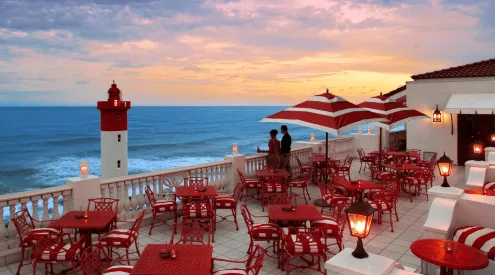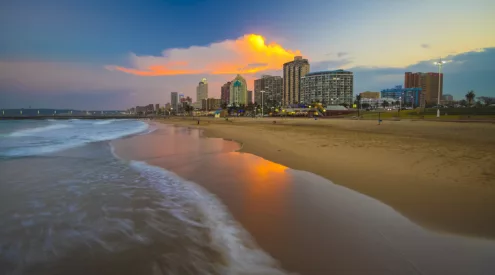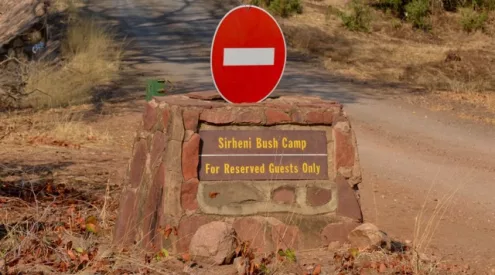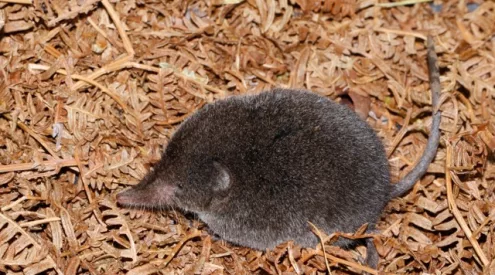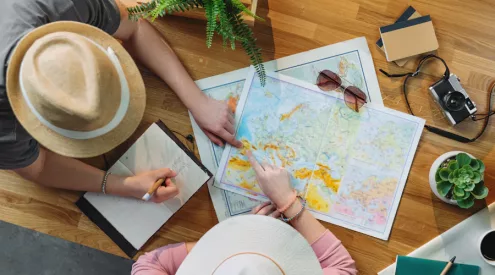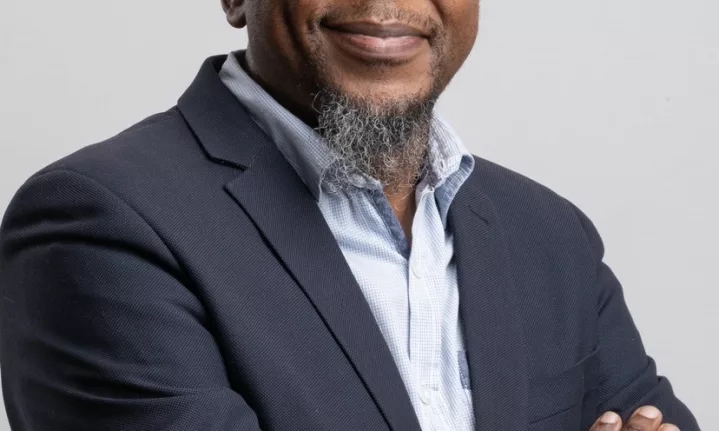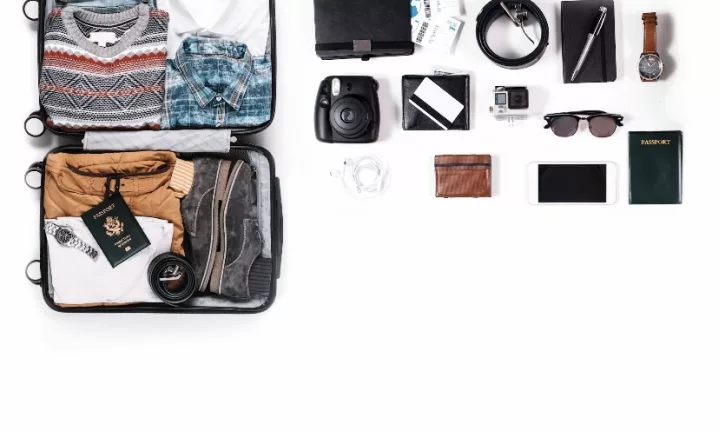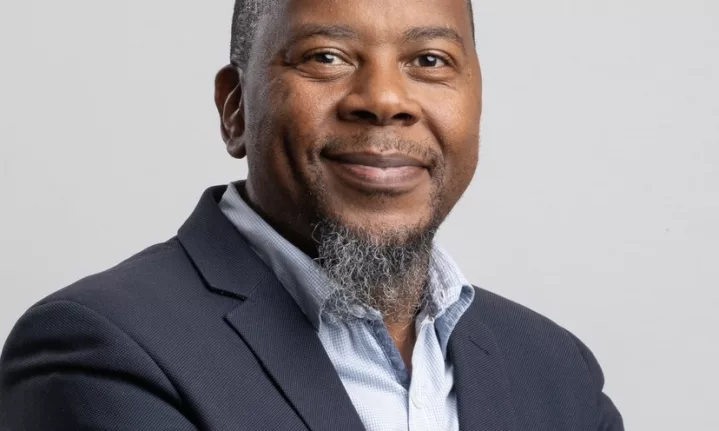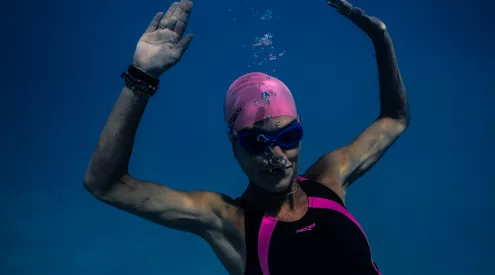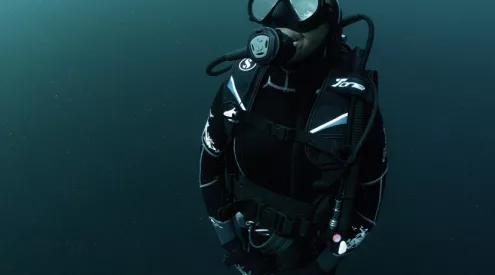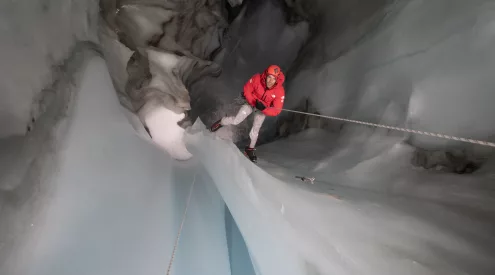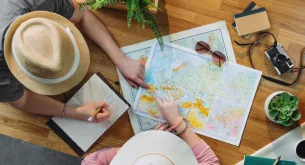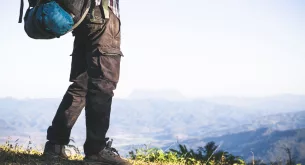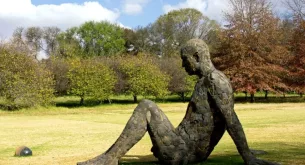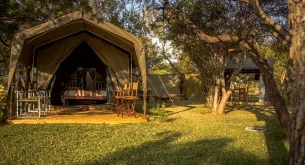When I travelled through Africa, I used public transport. And that changes almost everything. There’s so much more interaction.
In a car, you’re in a bubble and miss out on things. So, you have to stop and talk to people. That’s why I’ve never understood this concept of international tourists coming to Johannesburg, booking into a four- or five-star hotel, and then getting into their air-conditioned buses and going to Soweto.
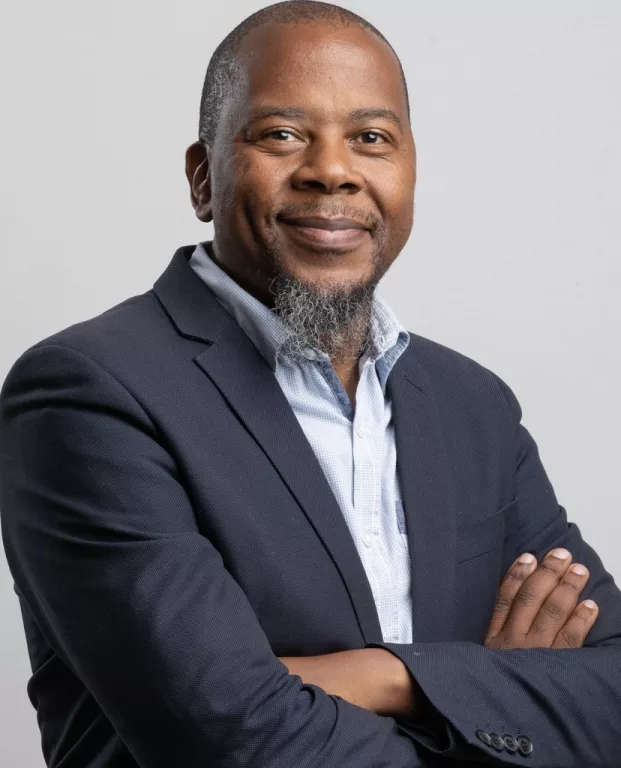
They look out of the window, they might even have a meal at one of the restaurants, but then they get back onto their buses and head back to Sandton. And I think you’ve been to Soweto, but have you been to Soweto?
Later when I travelled our country, I couldn’t use public transport, for obvious reasons. It’s not only the road and rail infrastructure. When you take a taxi, you can’t control the speed or the driver’s road handling.
One thing I really would have liked to have done was give more people lifts. When you’re with someone in a car for two or three hours, you get to know people.
But it’s too unsafe, and taxi drivers don’t like it. It depends on where you are, but they see it as a threat when drivers pick up hitchhikers, and if they see you, it could end badly.
ALSO READ: SA wildlife filmmaker scoops award for African vultures documentary
It’s so important to talk to people when you travel. It’s the best way to get a sense of a place; its history and current affairs.
I travelled by motorcycle, trains, boats, taxis, buses. I was surprised by how advanced the railway system in Egypt was; far, far better than ours. Just the average overnight train ride was awesome, even in second or third class. It’s so hot that all the trains are air-conditioned.
I was pleasantly surprised by Rwanda’s taxi system. The driver waits till the taxi is full, however long that may be. In Kigali, they work according to time slots, and they run on schedule whether the taxi is full or not. And there’s no money exchange between passenger and driver, you pay beforehand at an office. And if you take a motorbike taxi, they hand you a helmet! Mind-blowing for a South African!
When I travelled around South Africa, I got thinking about names. I deal with this in my book. Towns, places, street names; they’re all out of context because, as a country, we do not have a name. What we have is a geographical location; the southern part of Africa. I find the power dynamic in naming fascinating. A governor would name a place after his home in Europe or his father. Did the citizens agree to that? Even now, we don’t quite have it right.
It’s interesting the way things are arbitrarily named. Grahamstown may be called Makanda now, but locals have always, and will always, call it eRhini. That name was already being used, so why wasn’t it chosen?
There’s a township outside Secunda called eMbalenhle, which means ‘beautiful flower’. Really? Who named that? Was it local Black people, or was it white people who thought it was a nice translation?
Outside Cape Town, Gugulethu means ‘our pride’. Whose pride? That name was given to that area by the apartheid government. We should have had a name change in 1994. It’s important; names form part of our identity, and when you live in a nameless country, it affects that identity.
Sihle’s top five tips for taking public transport in Africa.
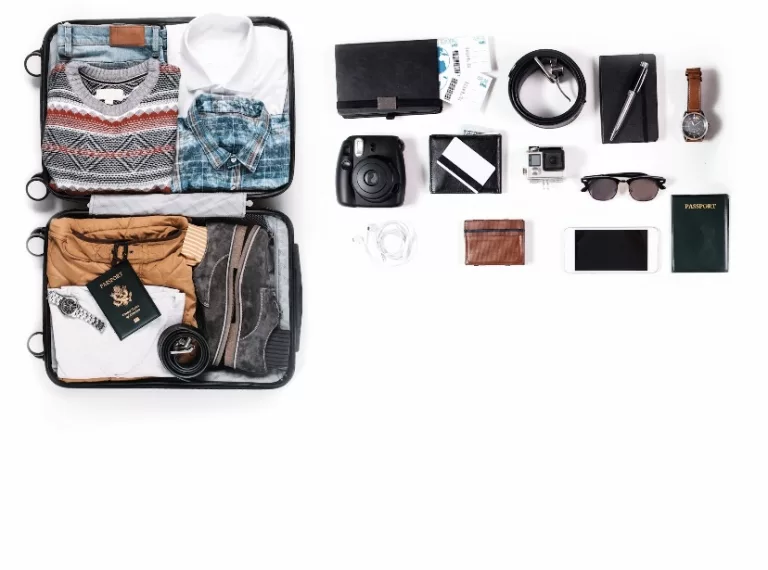
1. Don’t overpack. When you’re taking different transport every day, no one cares if you wear the same shirt two days in a row.

2. Carry US dollars and change into local currency as you go along. And don’t trust the informal currency traders at the borders!
3. Never touch meat. Keep it as fresh as possible! If you must, eat fish, especially in a place such as Malawi where you can watch the fishermen catch it.
4. Drink bottled water and carry it with you.
5. Talk to the person next to you. Locals know the best places to go, what to do, where to eat and where to sleep!
Read Sihle Khumalo’s newest book: Milk the Beloved Country
This article was written by Lauren Dold for Getaway’s June 2023 print edition. Find us on shelves for more!
Follow us on social media for more travel news, inspiration, and guides. You can also tag us to be featured.
TikTok | Instagram | Facebook | Twitter
ALSO READ: ‘I Speak for the Sea’: SA dive master committed to conservation

